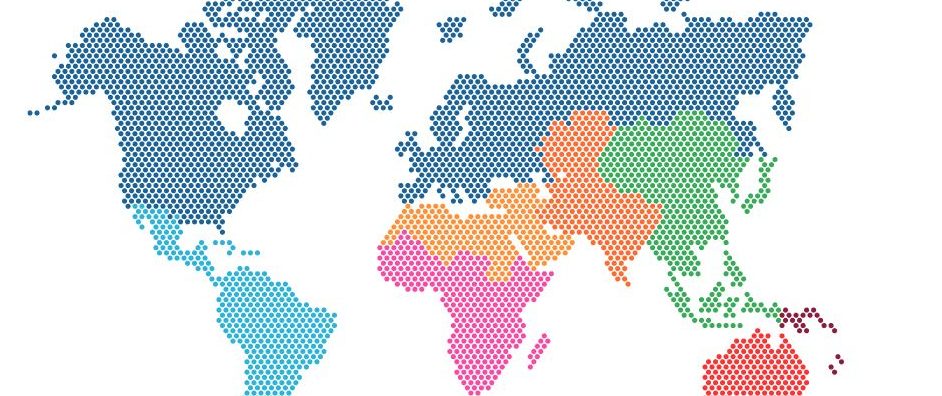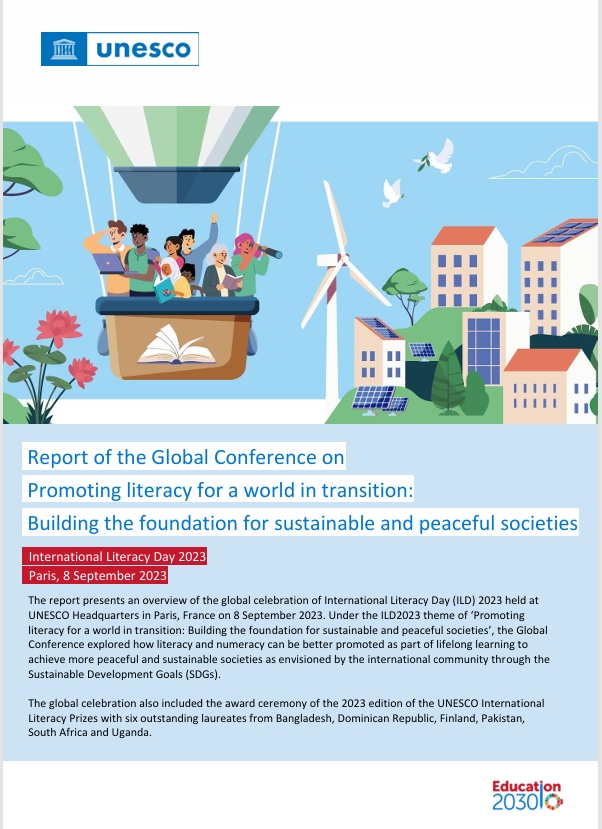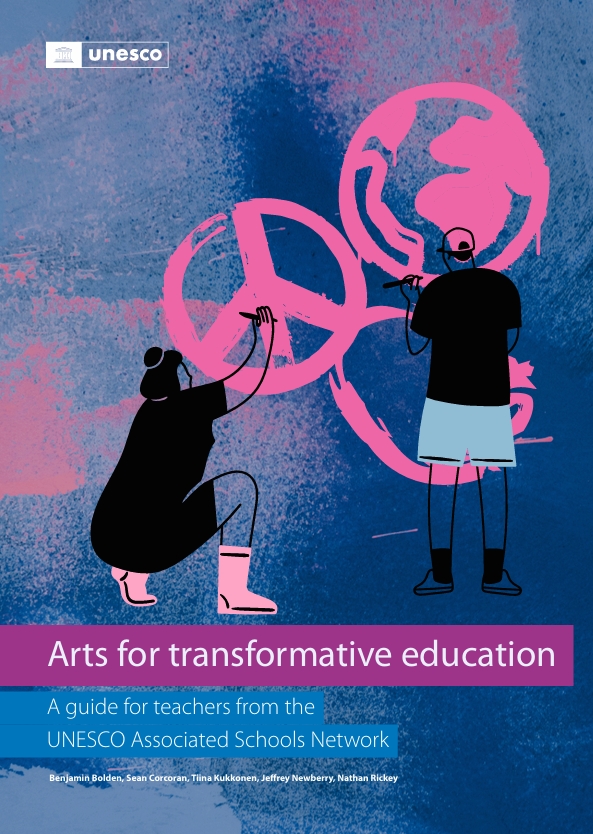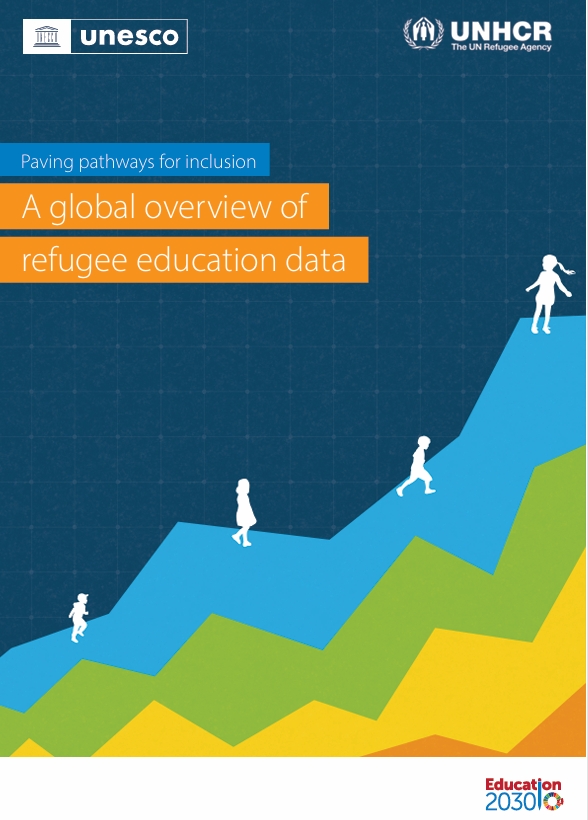Story Source: UNESCO ~ Go to Original Article
The need for accurate, current and comparable data on education has never been more urgent, with the prospects of reaching Sustainable Development Goal 4 – a quality education for all by 2030 – far from certain.
According to the UNESCO Institute for Statistics (UIS), about 258 million children, adolescents and youth are out of school. The data confirm recent projections showing that, without a shift from “business as usual”, one in every six children aged 6 to 17 will still be out of school in 2030 and only six out of ten young people will complete secondary education. The data also highlight the urgent need to improve the quality of education on offer. According to UIS estimates, 55% of children and adolescents of primary and lower secondary school age are not achieving minimum proficiency levels in reading and 60% are not reaching these levels in mathematics…………………






